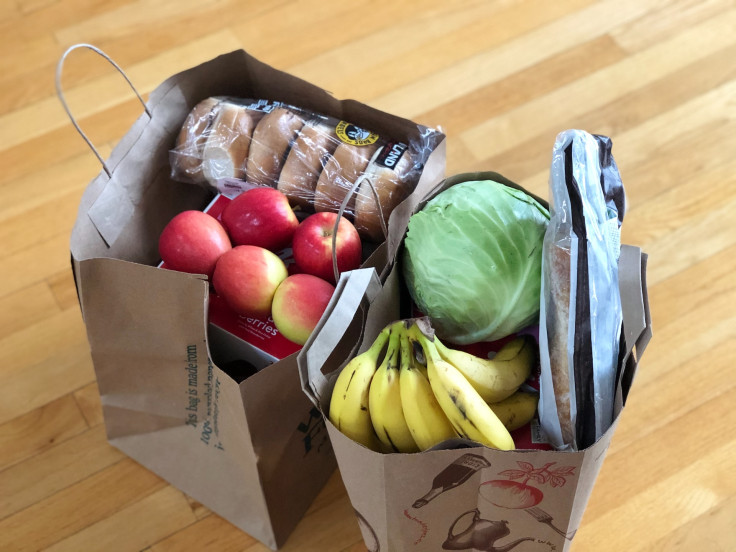'The Well Has Run Dry': USDA Warns No SNAP Benefits Will Be Issued on 1 November as Government Funding Crisis Deepens
The USDA and wider administration blame Democratic opposition for the funding stalemate and resulting benefits shutdown.

The United States Department of Agriculture (USDA) has issued a stark warning that has sent shockwaves nationwide. Starting 1 November, no benefits will be issued under the Supplemental Nutrition Assistance Program (SNAP), commonly known as food stamps.
This unprecedented cutoff stems directly from the ongoing federal funding impasse, which has left one of America's most vital anti-hunger programmes without financial support.
The USDA's blunt message on its website reads: 'The well has run dry. At this time, there will be no benefits issued on November 1.'
This announcement casts a long shadow over approximately 1 in 8 Americans—around 42 million people—who rely on SNAP to purchase groceries. For many, this could mean going without essential food supplies, especially as the holiday season approaches, when food insecurity tends to rise sharply.
Political Blame Game: Who's Responsible?
The USDA and the wider administration have collectively pointed the finger at the opposition. The agency's website attributes the benefits shutdown to Senate Democrats, accusing them of being unable to break the deadlock over the federal budget.
The message states: 'We are approaching an inflection point for Senate Democrats. They can continue to hold out for healthcare for illegal aliens and gender mutilation procedures or reopen the government so mothers, babies, and the most vulnerable among us can receive critical nutrition assistance.'
Republicans, however, counter that negotiations about funding and policy reforms should only resume once Democrats agree to reopen the government.
Democrats maintain that they are essentially excluded from negotiations. They argue that the shutdown is being used as leverage to force concessions on broader issues, such as extending expiring subsidies under the Affordable Care Act.
According to AP News, they contend that the administration and Republicans are unwilling to discuss these critical topics.
Both sides are engaged in a blame game, leaving vulnerable families caught in the crossfire.
Can States Step In?
With federal funding cut off, attention now turns to state governments. Could they step in to bridge the gap for a month or more while the political deadlock persists?
Some governors have pledged to try. However, the USDA has made it clear that states cannot unilaterally continue SNAP assistance without federal reimbursement. According to ABC News, the contingency funds available are explicitly designated for disaster relief or emergencies, not for regular benefit payments.
This situation places state governments in a difficult position. Some are contemplating emergency appropriations or using their own budgets to sustain benefits temporarily. But these measures are unlikely to be sustainable in the long term, given the severity of demand.
A one-month continuation might be feasible for some states. Beyond that, the costs become prohibitively high, and there is a significant risk that reimbursements will not cover expenses.
Looking Ahead
As the deadline approaches, the US faces mounting pressure to resolve the funding deadlock. Without a clear resolution, millions of Americans risk losing their access to vital food assistance, exacerbating existing inequalities.
The coming weeks will be critical in determining whether federal and state governments can work together to prevent a humanitarian crisis or if political divisions will continue to jeopardise the safety net for millions.
© Copyright IBTimes 2025. All rights reserved.















